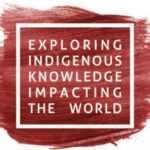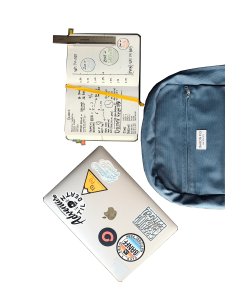Bethesda Khankho Institute
Centre for integrated Studies specialized in Indigenous Studies
Centre for integrated Studies specialized in Indigenous Studies
© 2022 Bethesda Khankho Institute. All Rights reserved
Want to receive push notifications for all major on-site activities?
Our focus is on seeing BKI becomes a leader in providing integrated studies specialized in Indigenous knowledge for Kingdom Vocations

Tracing the complex social, religious, cultural, economic and political developments that marginalises the place and role of the Indigenous people and their heritage in the development of knowledge.

Explore our collection of books and publications available in our library. It's free for students of Bethesda Khankho Institute. For others, they are available after a membership fee.

